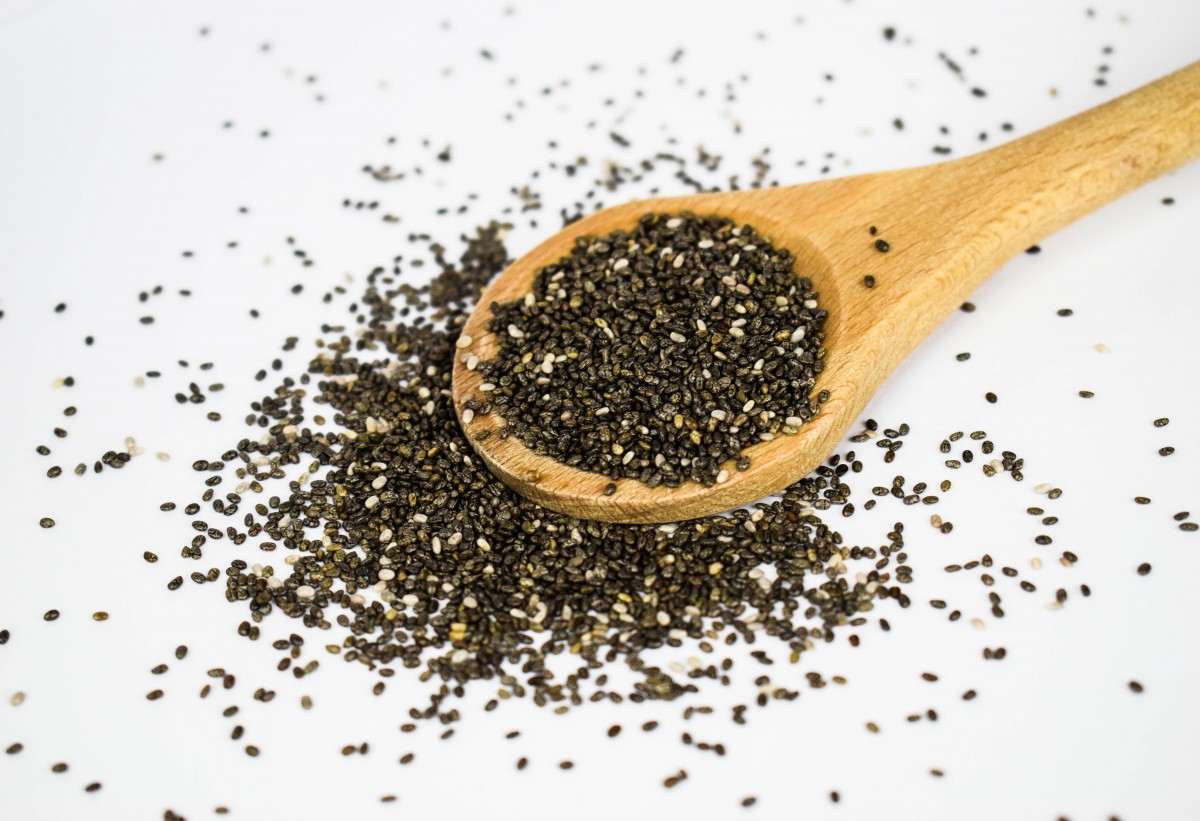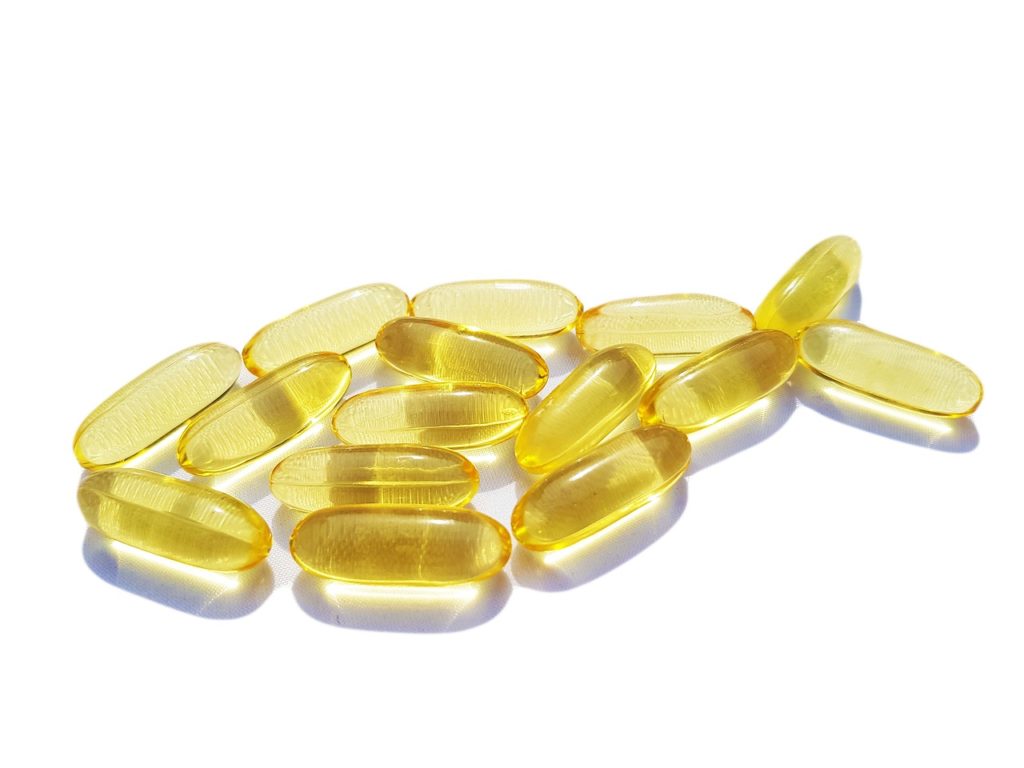Omega-3s are fatty acids that are necessary for the body’s optimal functioning. They lower cholesterol and triglyceride levels, which helps to prevent cardiovascular disease. They’re also crucial for fertility, skin health, and mood control.
Finally, a diet high in omega-3 polyunsaturated fatty acids lowers the incidence of Crohn’s disease and hemorrhagic rectocolitis (inflammatory bowel disease, or IBD) and the frequency and intensity of migraine attacks (after 4 months of this diet).
Because the body cannot produce them, a well-balanced diet that supplies the required daily intake is vital. Discover 4 omega-3 sources to include in your menu daily!
Flaxseed oil
One tablespoon of flaxseed oil is enough to cover more than 300% of daily omega-3 needs! Always use it cold, in your salads, for example.
It is a particularly fragile oil, so it must be kept refrigerated and consumed within 3 months of opening. When it starts to smell rancid, it should be discarded as it is unfit for consumption.
You can also enjoy the benefits of flaxseed by eating its seeds, preferably in ground form. Flax seeds are also very fragile, so keep them in a cool place and throw them away if they go rancid.
Good to know: flax seeds have a laxative effect. Be careful not to consume too much of them, as they can irritate the intestine.
Cod liver
An excellent source of marine omega-3s and vitamins A and D, cod liver oil was once a popular food supplement for parents to ensure their children’s healthy growth. But its taste was particularly off-putting.
Today, we can enjoy all its benefits either as a dietary supplement (cod liver oil capsules) or by eating cod liver directly. It is delicious and perfect for your health! Try it, for example, on small bread toasts or in salads.
Chia seeds

From a plant native to Latin America, chia seeds are a good source of omega-3 and proteins, vitamins, antioxidants, and fiber. They are therefore recommended for people who suffer from constipation.
Because of their mild taste, chia seeds can be added to many dishes such as salads, yogurts, or breakfast cereals. Vegans also use them as a binder, replacing eggs in cakes. Leave them to swell for 30 minutes in water to do this.
Good to know: chia seeds could be allergenic (studies are needed to confirm this). So be careful if you are allergic to other types of seeds, such as sesame or flax seeds.
Purslane
Purslane provides the daily requirement with an omega-3 content of 0.4 g per 100 g. This crunchy, finely spiced salad is delicious with oily fish and little walnut oil dressing for a plate rich in omega-3s.
Other plants also have interesting levels of omega-3. This is the case with spinach, lamb’s lettuce, and watercress. Don’t hesitate to add them to your menu more regularly.
Omega-3s play a vital role in the proper functioning of the body. As part of a healthy diet, they help prevent many diseases, particularly cardiovascular disease. But the benefits of omega-3 are much broader!
They can also help fight against depression and play a role in eliminating psoriasis.
Read more:
– 7 Foods that Damage Your Kidneys;
– Melatonin Is Not A Sleeping Pill;
– 11 Best Foods to Prevent Hair Loss;
– Eat these 7 Anti-aging Foods;
– 4 Reasons Why You Should Eat Olives;
– 8 Foods To Avoid If You Have Joint Pain;
– Drink This Before Bedtime and Lose Weight Overnight!
– A Guide To Bodybuilding Nutrition;
– 7 Tips for More Energy in the Morning;


